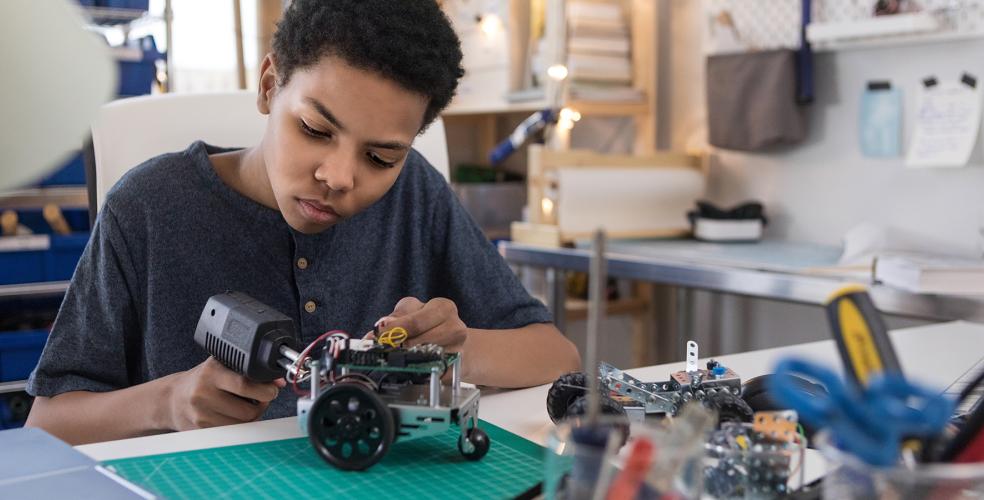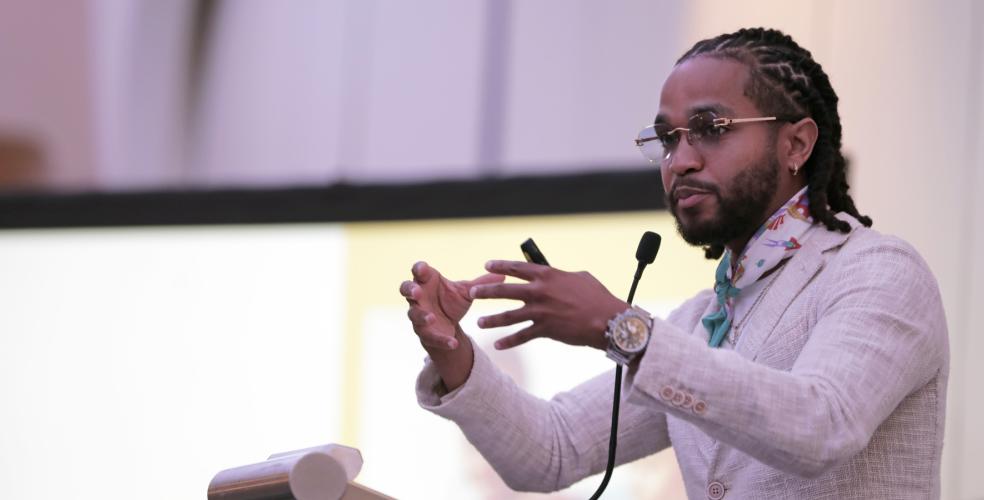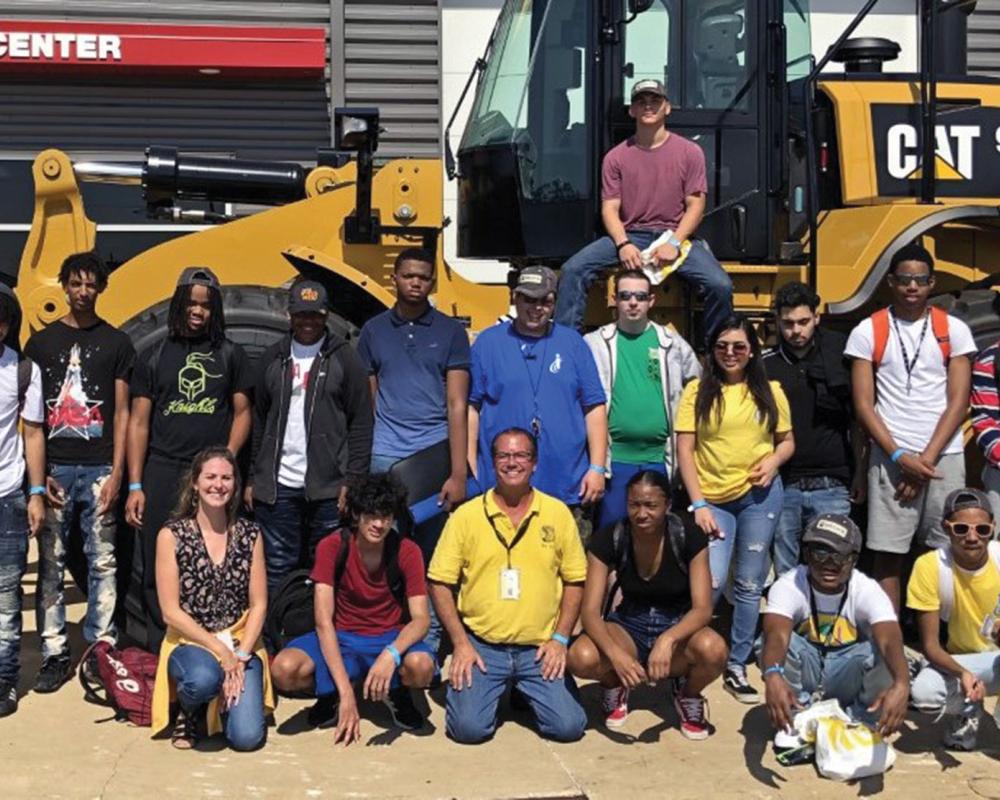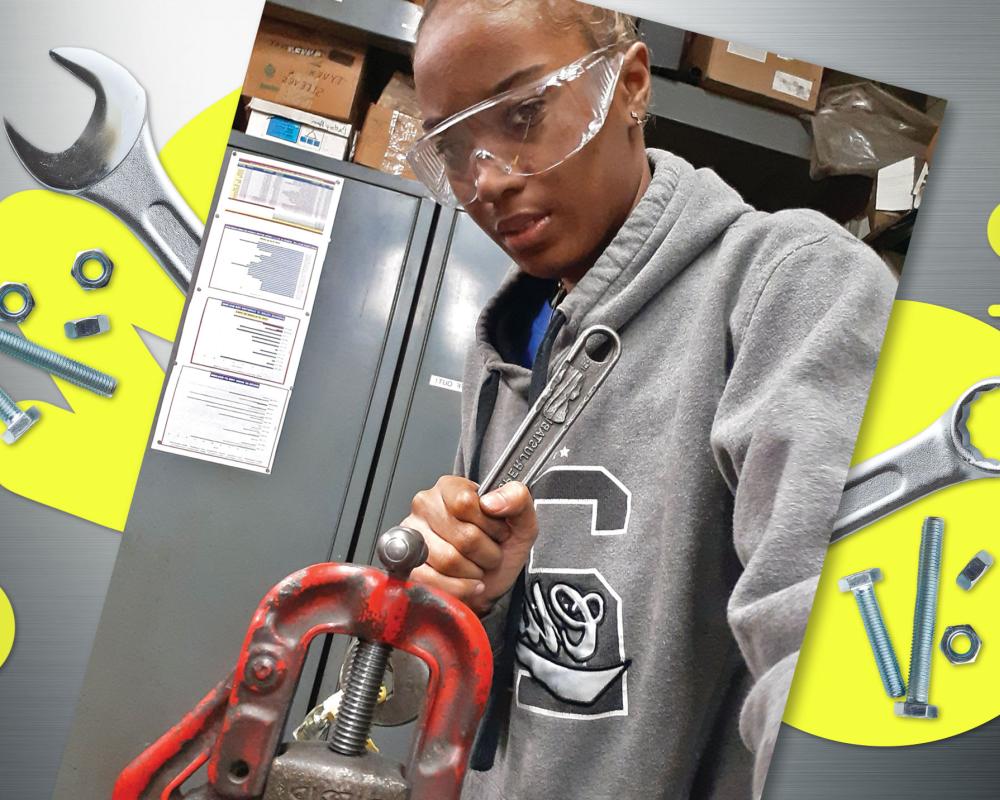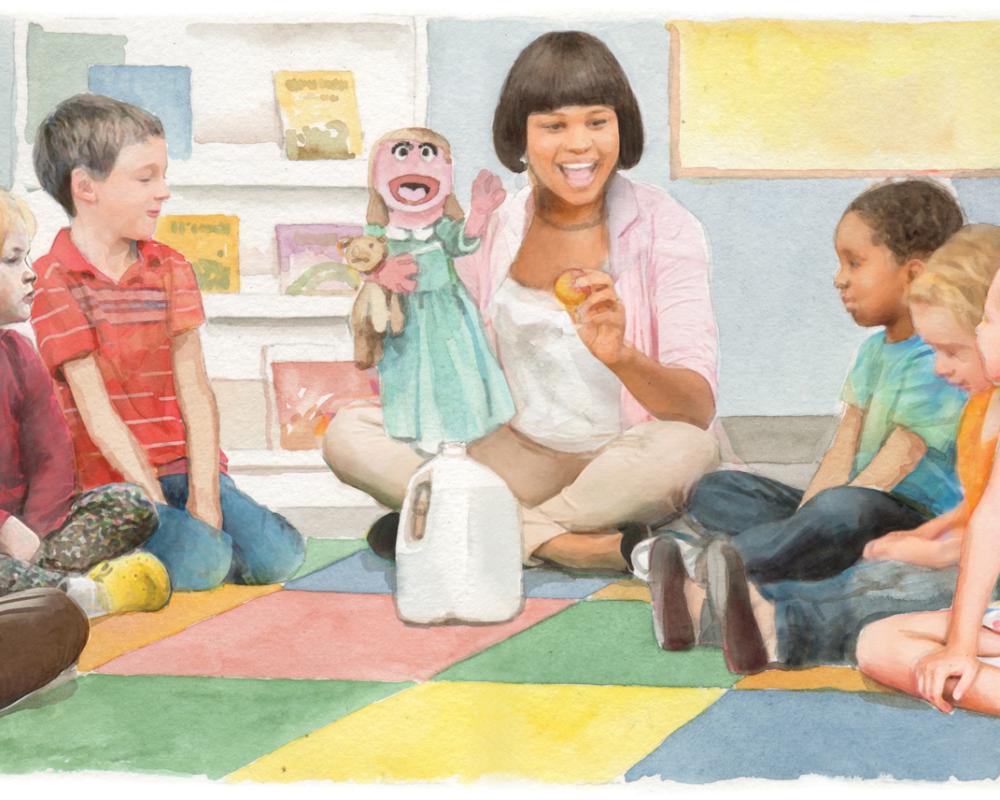Real Solutions for Kids and Communities: Experiential Learning
We believe in providing all children the opportunity to learn by doing. Experiential learning, including career and technical education, engages them in deeper learning, provides them with real-world, real-life skills, and boosts academic achievement. Career and technical education is experiential learning at its best, and it prepares students not only for traditional trades programs but also for in-demand careers in healthcare, information technology, skilled manufacturing and more.
Blogs and Articles
In response to these persistent disparities, there is an emerging consensus is we can reach more students more effectively by weaving career exploration and work-based learning — often referred to as “career-connected learning” — into the high school experience.
A healthy democracy depends on active civic participation—but participation depends on believing your voice matters. During “Every Day Is a Civics Lesson These Days,” a Lunch & Learn session at the TEACH conference, presenters demonstrated how to incorporate experiential learning and action civics into a well-rounded curriculum and show students that they can make a difference.
Video Playlist
American Educator
I have been a skilled trades worker for almost half of my life, but I never thought about teaching my craft to students. Then in May 2014, an opportunity to use my experience to help change students’ lives practically landed in my lap. I haven’t looked back since.
I was introduced to career and technical education (CTE) when I was a high school senior questioning what I wanted to do with my life after graduation. I wasn’t sure college was an option, but I’d spent most of my junior and senior years looking for jobs with no success. It seemed nothing was turning out right for me.
There is a growing interest in STEM (science, technology, engineering, and mathematics) units and projects in the early childhood and elementary years.1 As former teachers turned researchers, we welcome this nascent movement, but because of our experience we suggest reflection and caution—particularly regarding the role of math in STEM education.
 Member Benefits
Member Benefits Find Your Local
Find Your Local How to Join
How to Join En Espanol
En Espanol
